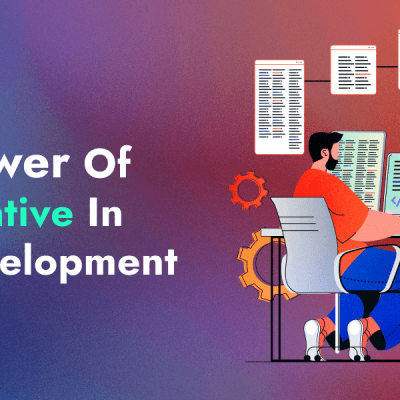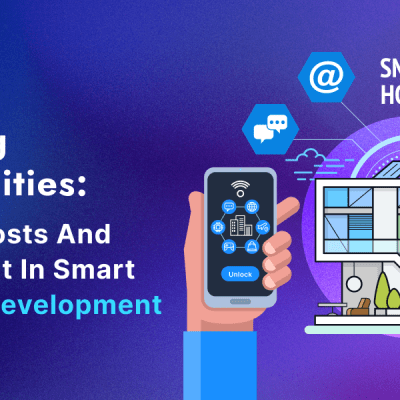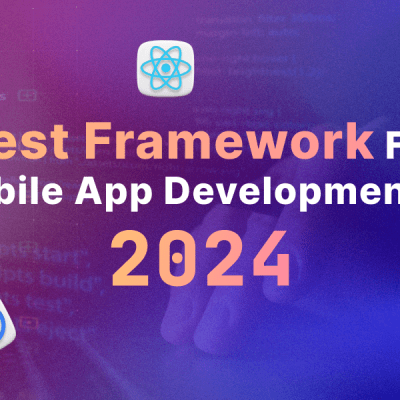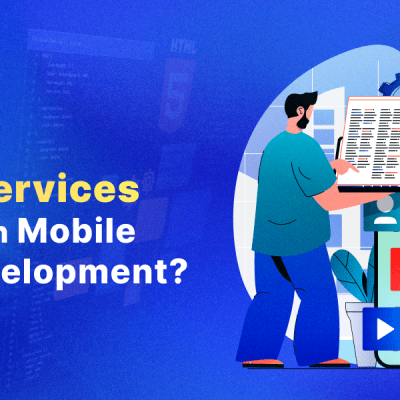With massive competition and increase in the number of apps and companies providing these services, developers are under constant pressure to deliver the best of the best services on the earliest date possible along with it being quality rich and at competitive pricing. For example, if you take bluetooth as a framework, then using it you can develop multiple things like wireless headphones, mobile, cameras and other technological things. An entire team has to invest Longer days and even entire nights to develop a mind-blowing app and make it hit the Apple app store and Google play store. What we believe is good things aren’t created overnight, do you agree? What if we can alter this belief? Yes, of course, we can do that. There are several platforms that aid in developing a mobile app without having to put a fortune and developing coding skills. Let me show you some of the frameworks that will help you to do that.
Frameworks To Build App For Multiple Platforms
1) PhoneGap
It’s an open source framework that is used to create apps for Android, iOS and Windows devices. Website, web apps and mobile apps can be created through PhoneGap by the standard scripting languages like CSS, Javascript, and HTML. Developers have to work with device hardware and have to integrate features like camera, sound, GPS/location, accelerometer and such other features. The primary agenda is to assist the users to access native API and get done with the app development in a hasty yet perfect manner.
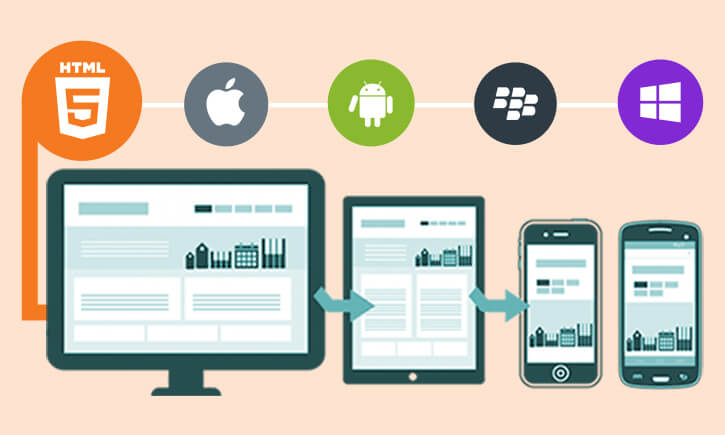
2) NativeScript
The glittering fact that invites more developers to use this framework is that it’s not a mere cross-platform tool. In fact, it is an open source tool and opens for anyone to use that too without any paid or subscription charges. Anyone can develop apps for iOS and Android using Typescript or Angular, JavaScript, and Vue.JS which entails plenty of plugins for extending the functionality. Unlike other tools, for using NativeScript, you will need to have basic knowledge of the coding commands which indicates you to supply your own text editor.
3) Ionic
This is an entirely open source SDK for developing hybrid apps. It entails services for mobile app development using web techs like Sass, HTML5, and CSS. Apps developed through these web tech will be disbursed through the native application stores and later would be installed on devices by making use of Cordova. The core idea of Ionic is coding once and running it anywhere and supports both Android and iOS platforms. It presents more than 120 features for a native device which can be used within the app.
4) React Native
Majority of the clients asks for React native app development from the mobile app development company. This framework was launched in 2015 by Facebook and gained momentum in short span of time. The motto was to avail react development to the iOS, Android and UWP apps. ReactNative doesn’t work on the HTML5, apps are entirely written in Javascript and depends on the native SDKs. It is pretty much similar to the ReactJS except for the fact that it’s not hindering the DOM through the VirtualDom but has some native views.
5) Appcelerator
App development that is compatible with Android, iOS, and windows. Reason to choose this one is it has easy, simple and understandable UI. Developers preference for Appcelerator is its UI offering which would be just enough to build a great native mobile app from just a single Javascript code base. Drag and drop feature for easy navigation and object placement are some if the offering of UI. Direct access to the native API in Android and iOS is possible in JavaScript with the hyperloop feature.

